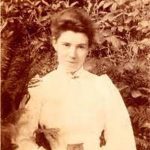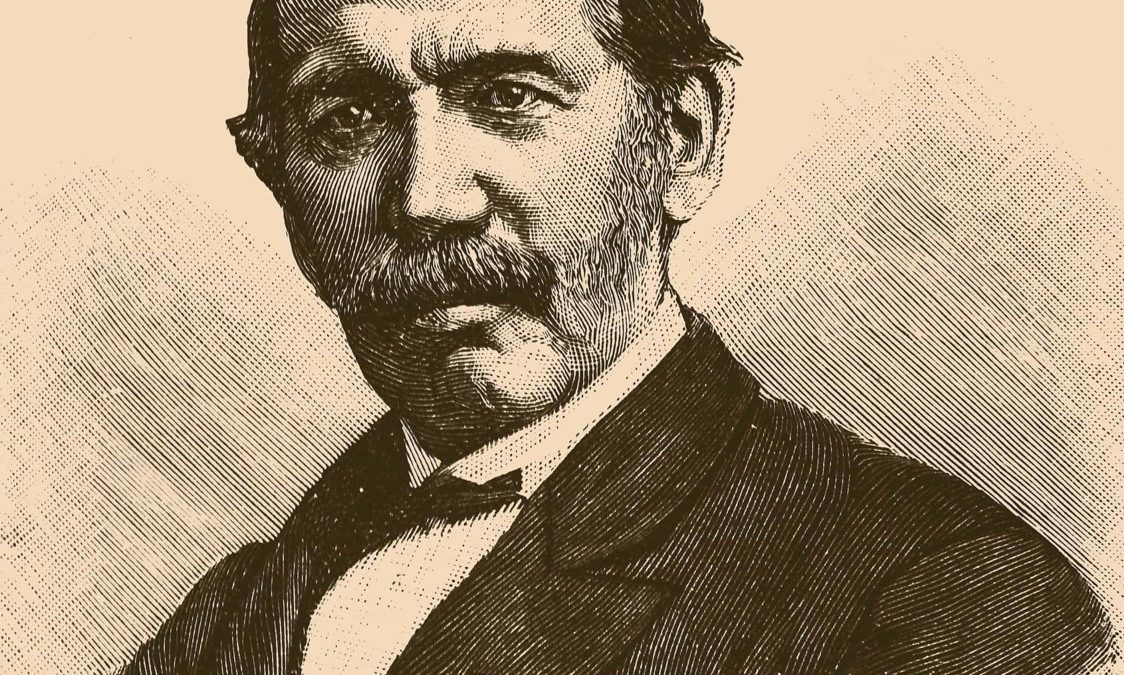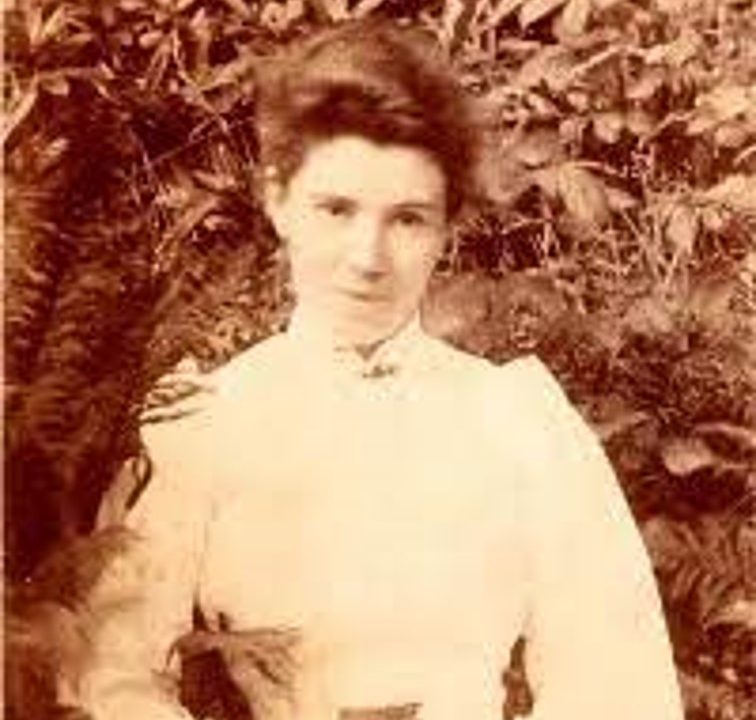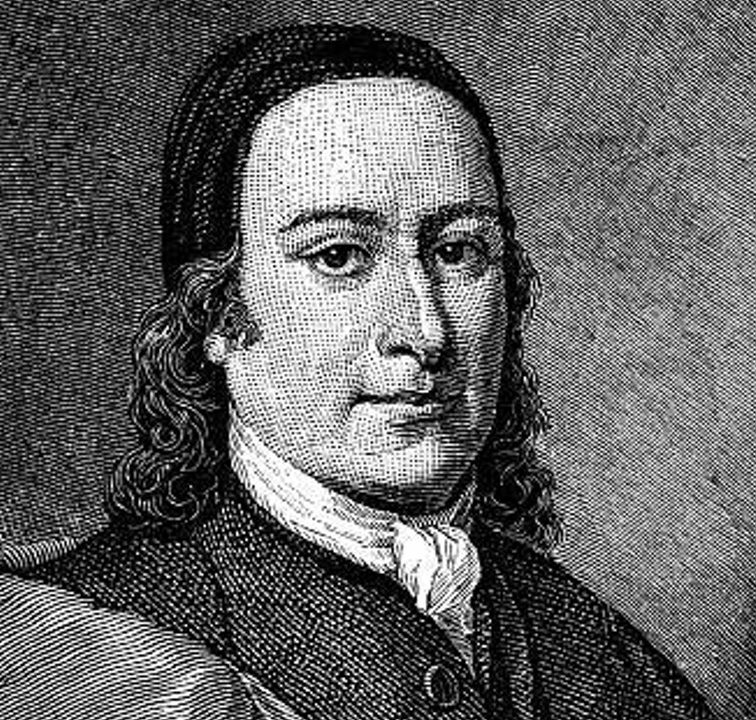
Amy Beatrice Carmichael
June 6, 2023
One Knock Changed Everything!
July 13, 2023David Livingstone was a remarkable man who devoted his life to the service of God and humanity. He was an explorer, medical missionary, abolitionist, and one of the most famous and respected figures of the 19th century. His adventures in Africa and his tireless work to end slavery, spread Christianity, and advance scientific knowledge made him a hero to many. In this blog post, we will delve deeper into his life and legacy.
Born in Blantyre, Scotland, on March 19, 1813, David Livingstone was the second of seven children. His parents were devout Christians who instilled in him a strong faith and a deep sense of duty. From a young age, Livingstone had a passion for learning and a fascination with the natural world. He studied science in secret, as his father believed that science led people away from God. However, Livingstone believed that science and creation both came from God and that it was his duty to use his knowledge to help others.
Livingstone’s desire to become a medical missionary led him to study at Anderson’s College in Glasgow, where he excelled in his studies. After completing his education, he became a teacher, but he turned down a promising career in academia to pursue his calling as a missionary. He attended several mission conferences, where he heard about the need for missionaries in Africa. He applied and was accepted as a medical missionary, and in 1840, he set sail for South Africa.
Livingstone’s early years in Africa were spent at Kuruman, a mission station in what is now South Africa. There, he met Robert Moffat, a veteran missionary who became his mentor and father-in-law. Livingstone was not content to stay at the mission station, however, and he and his friend, William Cotton Oswell, set out to explore the surrounding area. They discovered new tribes and made contact with local leaders, eventually seeking permission to set up a mission station among the people they had met.
Livingstone’s mission work was often fraught with danger, and he had several near-death experiences. In one incident, he was attacked by a lion and severely injured. His missionary boss, Moffat, came to visit him while he was recovering, and he introduced Livingstone to his daughter, Mary. Livingstone and Mary fell in love, and they were married in 1845. They moved to a village further north, where they converted the whole village to Christianity. It was there that they had their three children.
One notable occasion in Livingstone’s ministry was when the king of the village divorced four of his five wives to show his commitment to Christ. This sent a powerful message throughout the village and led to many conversions. However, the village began to lack water, and Livingstone decided to explore further north in search of Lake Ngami. He eventually discovered it and wrote back to London, England, about his discovery, which earned him a medal.
Livingstone was restless and wanted to explore Africa further inland. He sent his family back to England because it was unsafe to travel with them, and he set out on another mission. On his way, he preached the gospel and befriended village kings and chiefs. He reached the Atlantic Ocean in West Africa, where he was offered a ride back to England by an English sailor. However, he refused and gave his findings to the sailor to take back to England. The sailor’s ship eventually sank, and Livingstone knew that God had spared him for a reason.
Livingstone returned to the village where he began his trip and planned another journey, this time to East Africa. On his way, he preached the gospel and made friends with the locals. He eventually reached his destination and saw the Indian Ocean. He had accomplished his goal and headed back to England.
Upon his return to England, David Livingstone was given a hero’s welcome, and his work was published all over the place. In one of his numerous public appearances, he was called to the podium where he gave a speech that said, “I am only doing my duty as a missionary in opening up a part of Africa to the sympathy of Christ.”
David Livingstone didn’t stop there. He had two more exploration missions in Africa again, and the second one was the mission to discover the source of the River Nile. He travelled up the Zambezi River and then headed west to Lake Bangweulu. It was a difficult and dangerous journey, and he contracted malaria, which would eventually lead to his death.
In April 1873, Livingstone became seriously ill, and he went to bed feverish. At midnight, he woke up, got on his knees to pray, and died still on his knees. His African companions, Chuma and Susi, embalmed his body, removed his heart, and buried it beneath a tree near the spot where he died. They then carried his body over 1000 miles to the coast, where it was taken back to England.
The news of his death shocked the world, and there was a great outpouring of grief. David Livingstone was a remarkable man who left a lasting legacy. He was a man of deep faith, courage, and compassion, who dedicated his life to serving others and spreading the gospel of Jesus Christ. His explorations helped to open up Africa to the rest of the world, and his humanitarian work helped to improve the lives of countless people.
Today, Livingstone is remembered as one of the greatest explorers and missionaries of all time. His life and legacy continue to inspire people around the world to live with courage, compassion, and faith. The place where his heart was buried in Africa has become a symbol of his love for the continent and its people, and a memorial stone still stands there to this day
Source: God’s Generals by Roberts Liardon
Image credit – British Heritage Travel



